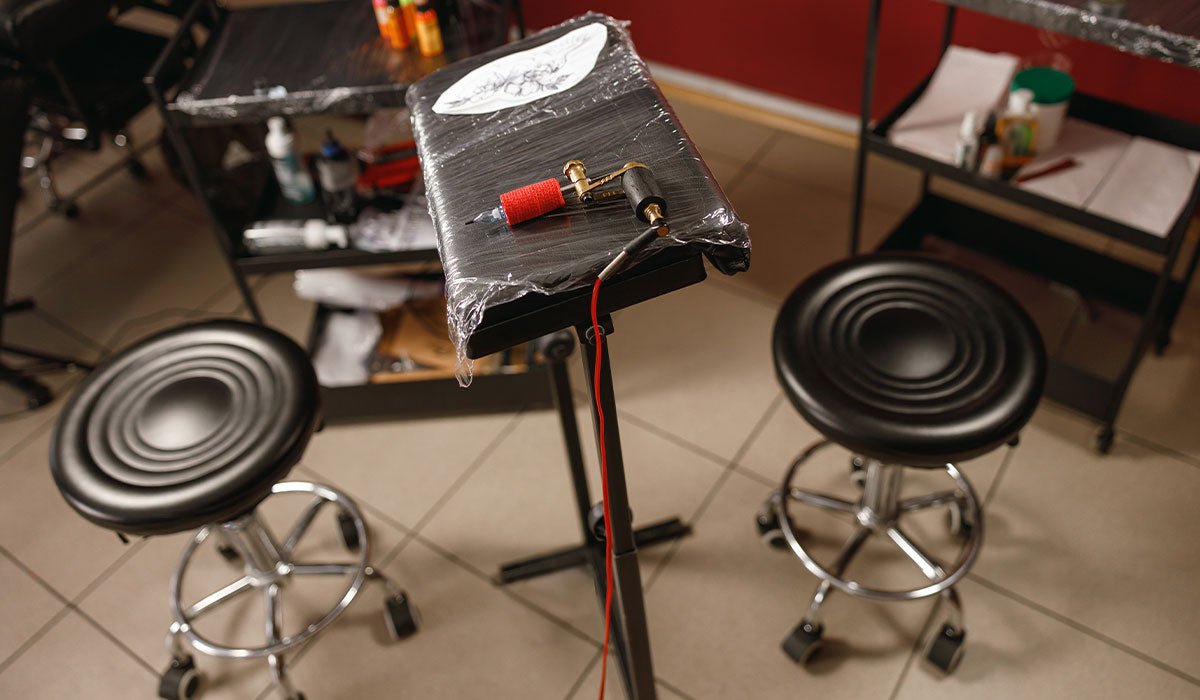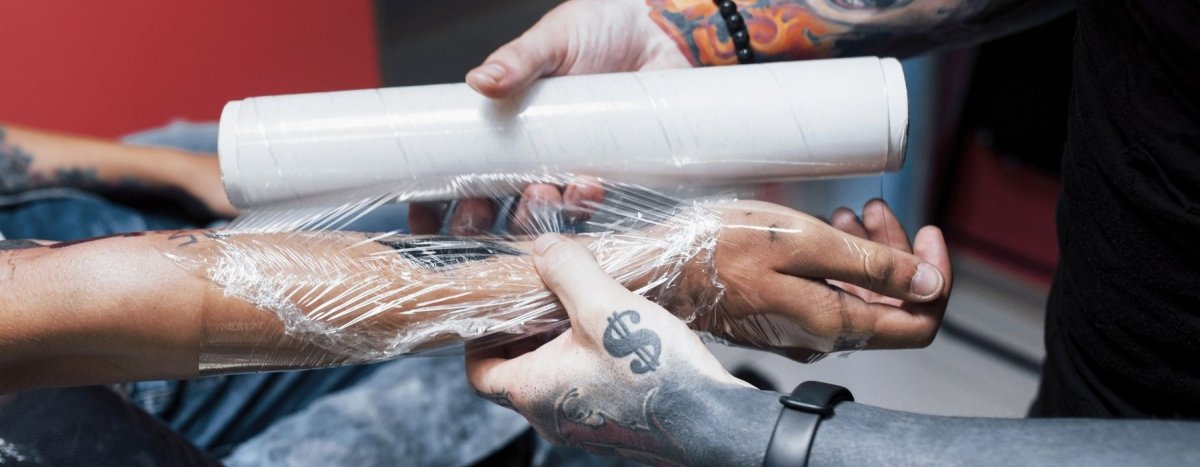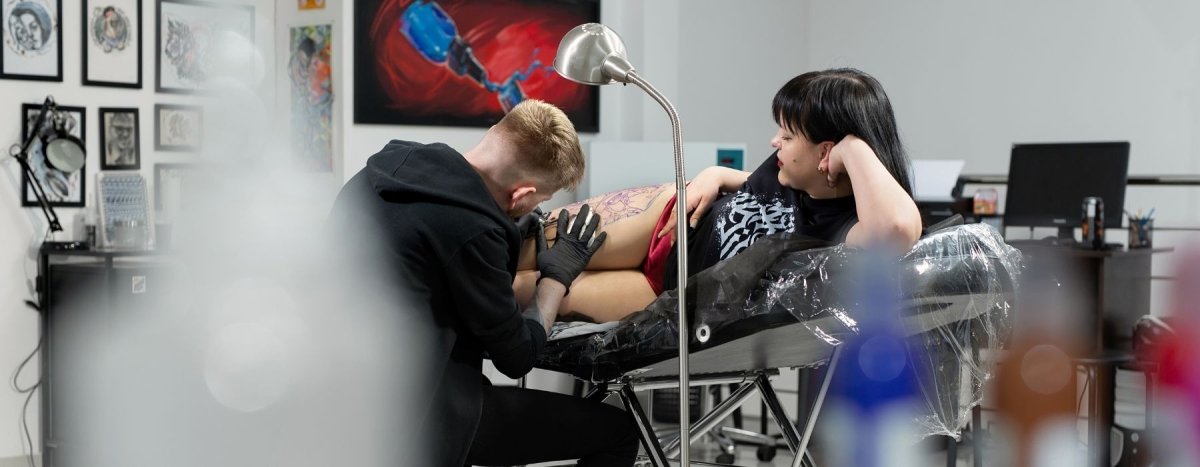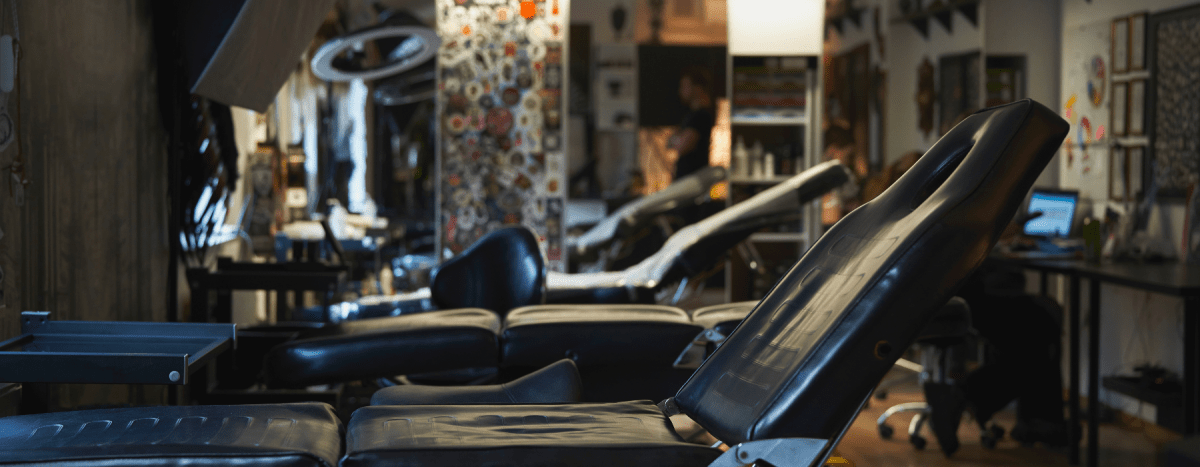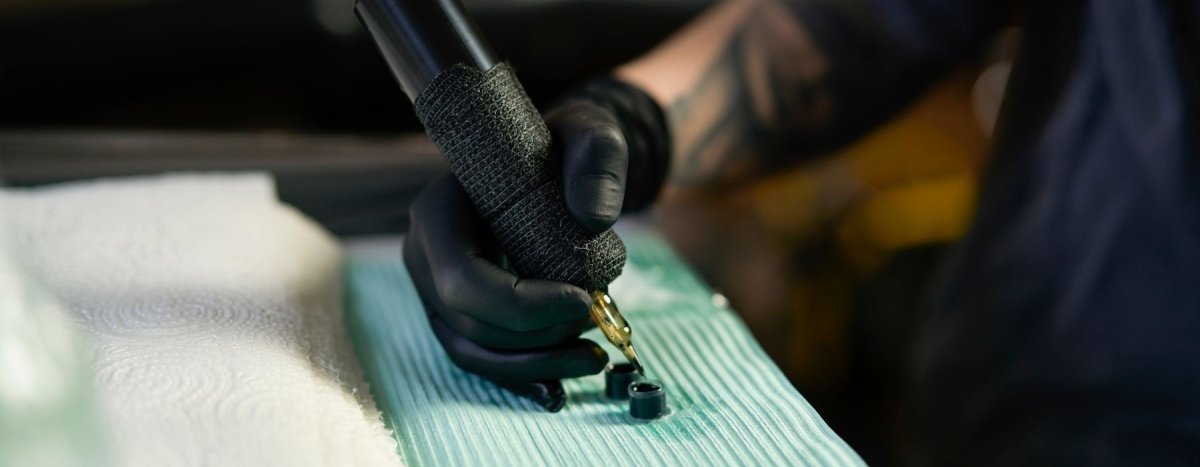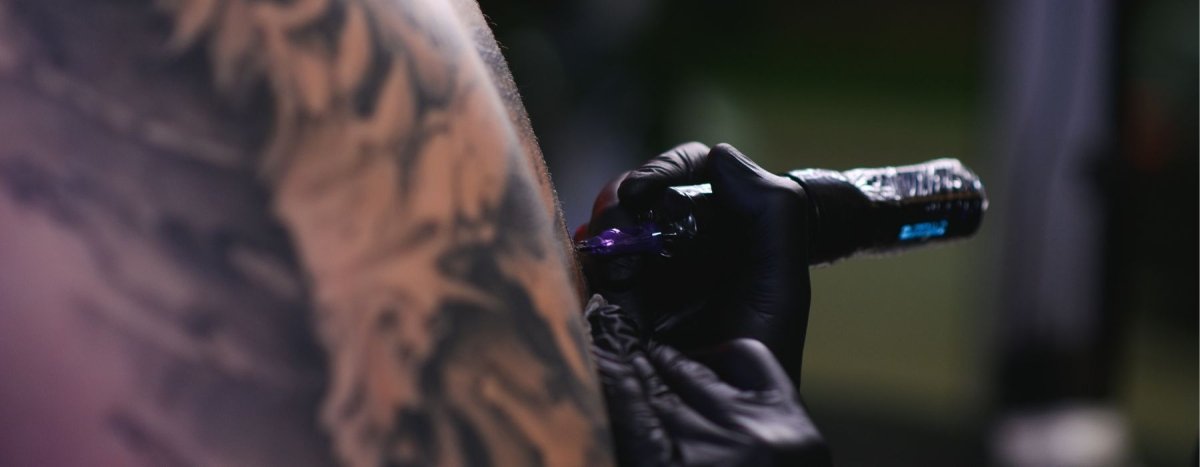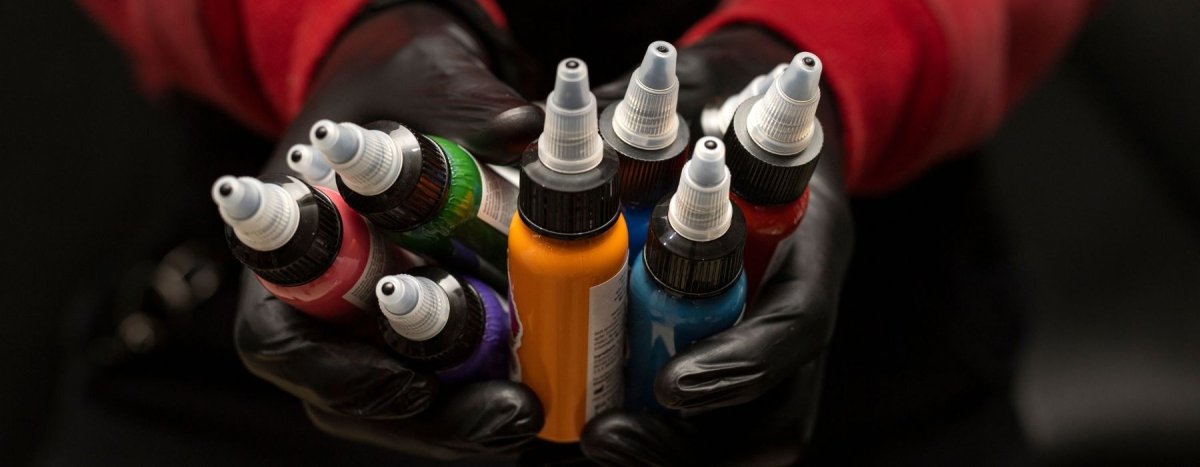Your cart is empty
Looks like you haven't added anything to your cart yet

How Long Does It Take To Be Competent In Tattooing?
Although the practice of tattooing has long been thought of as an art, it is not as easy as it looks and there are several requirements for becoming a professional tattoo artist.
It takes years of hard work, studying and working for little pay to develop the skills needed. You don’t need a degree, but you should reach out to others in the field who are more experienced than you and learn from them.
In addition to a skill of drawing, being a successful tattoo artist takes a number of other skills. You need to have some background knowledge in art and different concepts and styles. You must also be determined and and have good communication skills. When you’re trying to break into the tattoo world as an artist, networking is vital.
If you still decide to pursue a career as a tattoo artist after reading this article, we’ll let you know how long it will take to become skilled in this field and the steps that you need to take.
You gotta pick up a few basic skills.
If you want to become a tattoo artist, you really need to have a strong determination to succeed. While you don't necessarily need formal education, most folks trying to break into the industry find that it takes years of practice and learning to master the fundamentals.
To start off, it's a good idea to get a basic grasp of both the artistic and technical sides of tattooing. Then, work on improving your drawing skills by incorporating these aspects into your art. You don't have to be a pro from the get-go; having a creative mindset and the willingness to learn the basics is enough to kick things off.
The best way to learn the ropes is by watching other tattoo artists in action, which you can do as part of an apprenticeship. However, keep in mind that this might be an unpaid gig, so be prepared for that when you're making your plans.
Becoming a legit tattoo artist takes time and dedication.
To kickstart your journey, it usually takes about three to five years of learning and practicing the craft. When you're just starting out, it's common to work for little or even no pay until your reputation starts to build.
If you're set on becoming a tattoo artist, start by honing your drawing skills. Understanding the broader world of art is also crucial to grasp different styles and concepts.
Once you've got your artistic skills down, put together a portfolio showcasing your top-notch designs and artwork. This portfolio will be your ticket to approaching tattoo artists for an apprenticeship. Make sure it covers a range of styles to showcase your versatility and creative flair.
Tattoo artists school exists
There are tattoo artist schools and courses out there if you're keen on getting into the tattooing game. However, many folks in the biz will tell you that the ultimate way to master the art of tattooing is by rolling up your sleeves and learning it hands-on from a seasoned pro.
If you're itching to pick up the trade and expand your knowledge about tattoos, art, or graphic design, signing up for a course is a good starting point. But remember, the real deal comes with an apprenticeship, where you'll get down and dirty, learning the ropes on the job alongside experienced artists.
How do I become an apprentice at a tattoo shop?
Before you start aiming for that tattoo apprenticeship, there's one crucial step: build an impressive portfolio that showcases your skills.
Your portfolio should be a showcase of your best work, giving a clear picture of your design prowess in a professional light. When selecting pieces for it, go for those that truly capture your unique drawing style and the techniques you've mastered. Highlight your ability in detail, line work, shading, color application, and black-and-white art.
Remember, it's a big no-no to copy someone else's work or designs. Your portfolio should be a genuine representation of your own creations, not a compilation of stuff you found online.
While landing a mentorship or apprenticeship can provide invaluable experience and guidance from experts, be prepared for the fact that these opportunities usually come without pay. It's like paying your dues in the tattoo world – you invest your time and effort to learn the craft.
Final Thoughts
If you're aiming to make it as a tattoo artist, be ready to put in a ton of hours practicing your drawing skills. It's also a smart move to save up some cash ahead of time because you'll need it during your apprenticeship.
Take the initiative to chat with local professional tattoo artists to learn about their offerings and how they operate.
Before diving in, ensure you've got all the necessary supplies lined up. You can find a list of supplies to check out right here.
If you're truly committed, possess the right attitude, and are willing to invest the time and effort needed for success, there's no reason you can't make it as a thriving tattoo artist.
Featured Blogs
- Choosing a selection results in a full page refresh.




